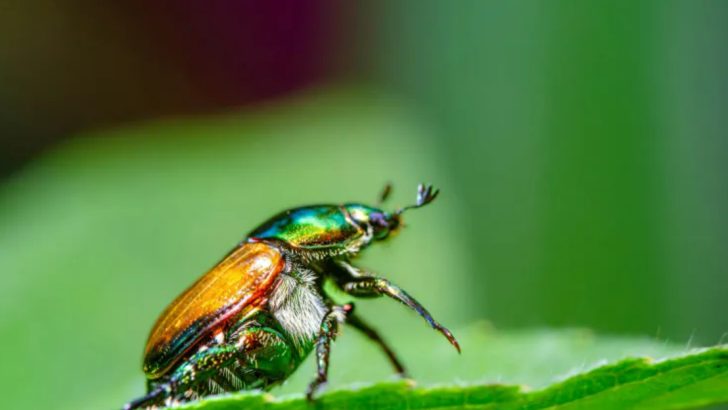Japanese beetles are marching—and your garden is their battlefield. These shiny invaders don’t just nibble—they devour, leaving chaos in their wake. If you think ignoring them will make them disappear, think again. They multiply faster than gossip at a garden party! But don’t panic just yet. You’ve got 15 clever moves to fight back, protect your plants, and keep your garden thriving all summer long. Get ready to outsmart these tiny terrors before they turn your greenery into a snack bar!
Neem Oil Spray
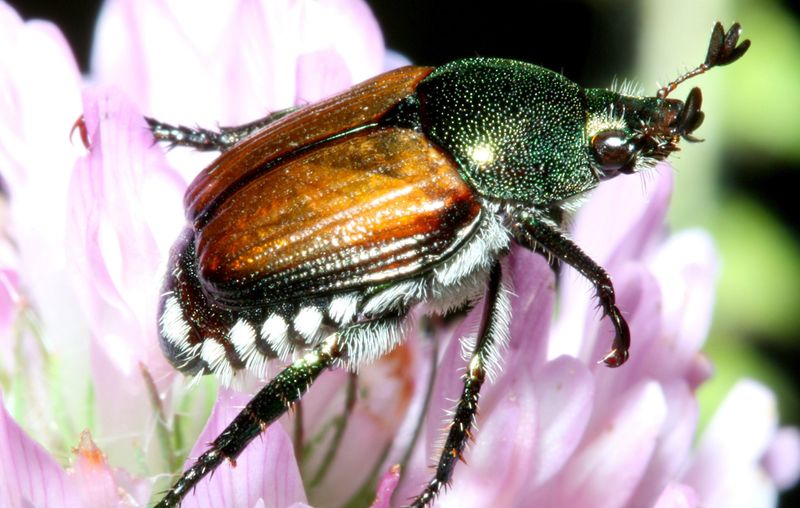
Neem oil, a natural insecticide, serves as a formidable defense against Japanese beetles. This organic solution disrupts the life cycle of these pests, reducing their numbers significantly.
Applied regularly, neem oil acts as both a repellent and a growth inhibitor. Unlike harsh chemicals, it is safe for beneficial insects, promoting a balanced garden ecosystem.
For best results, spray neem oil on affected plants early in the morning, ensuring thorough coverage while the beetles are less active.
Milky Spore Treatment
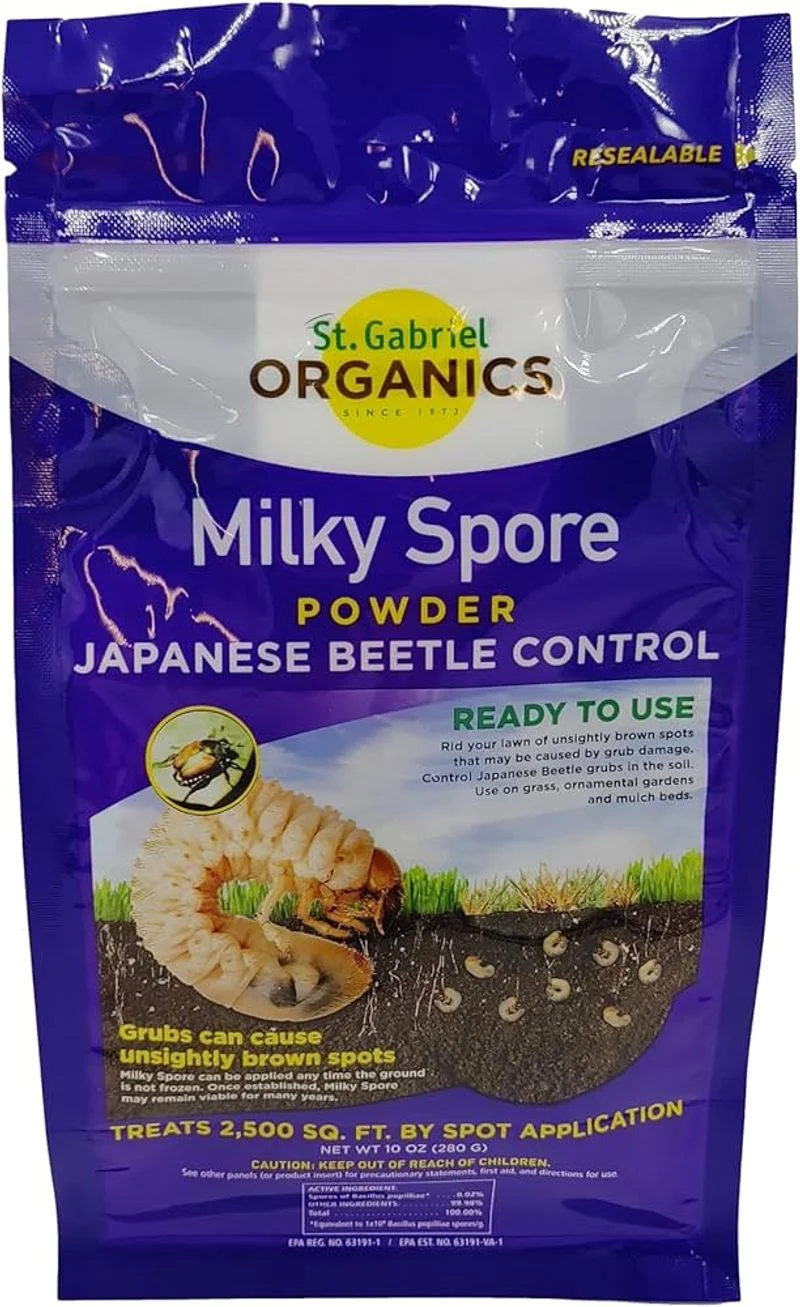
Milky spore is a long-term solution for controlling Japanese beetles. This naturally occurring bacterium infects and kills beetle larvae in the soil.
Widely used in sustainable gardening, milky spore remains effective for years after application. While it takes time to establish, its benefits are long-lasting.
Ideal for large areas, milky spore can drastically reduce beetle populations over time. Apply it in the fall or spring when larvae are most active below ground.
Row Covers
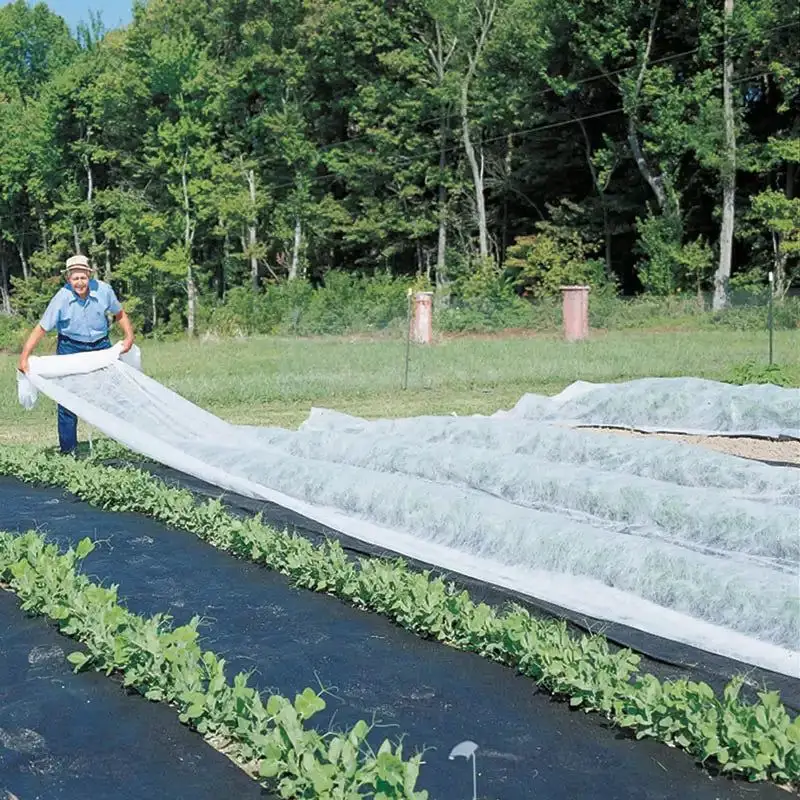
Row covers provide a simple yet effective barrier against Japanese beetles. These lightweight fabrics prevent beetles from landing on plants, protecting them from damage.
Suitable for both small and large gardens, row covers are reusable and easy to set up. They allow light and water to reach plants while keeping pests out.
Use row covers during peak beetle season in June and July for optimal protection. This method is especially useful for vegetable crops.
Hand Picking
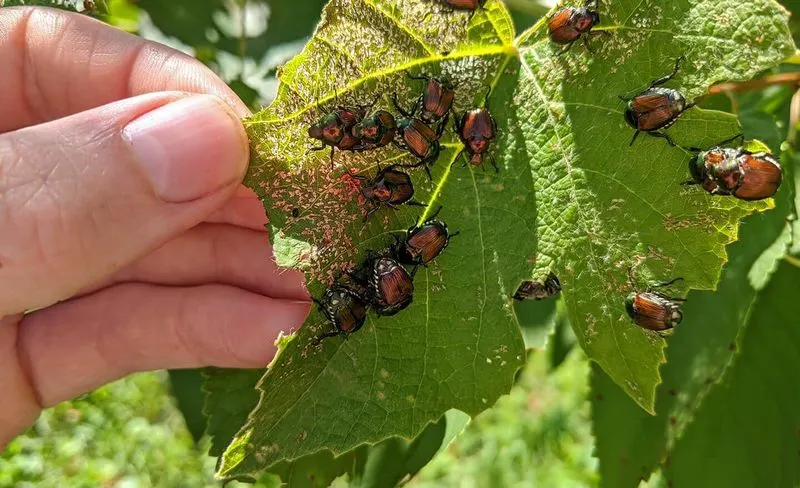
Hand picking is a direct and effective method for controlling Japanese beetles. By removing beetles by hand, you can immediately reduce their numbers.
For best results, do this task in the early morning when beetles are sluggish. Drop them into a bucket of soapy water to ensure they don’t return.
Though labor-intensive, this method is chemical-free and safe for the environment. It’s a practical approach for smaller gardens or specific plant species.
Beneficial Nematodes
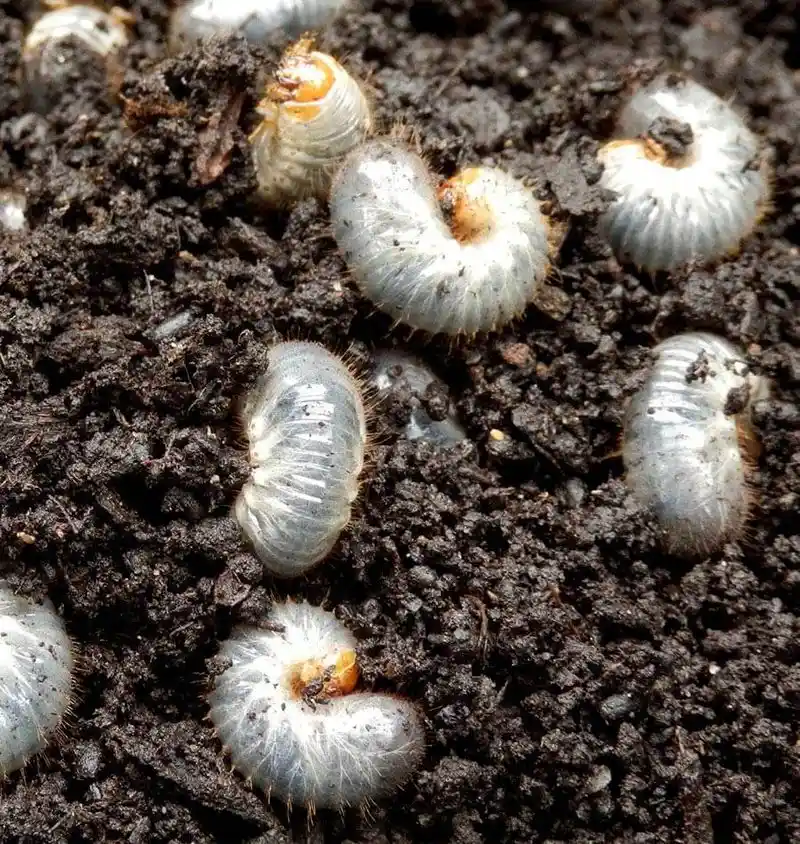
Beneficial nematodes are microscopic worms that prey on Japanese beetle larvae. These natural predators help control the beetle population before they mature.
Applied to the soil, nematodes enter grubs and release bacteria that kill them. This eco-friendly solution is safe for pets and humans.
Best applied during spring or fall, nematodes offer a proactive approach to pest control. They’re a valuable ally for maintaining a healthy garden ecosystem.
Garlic Spray
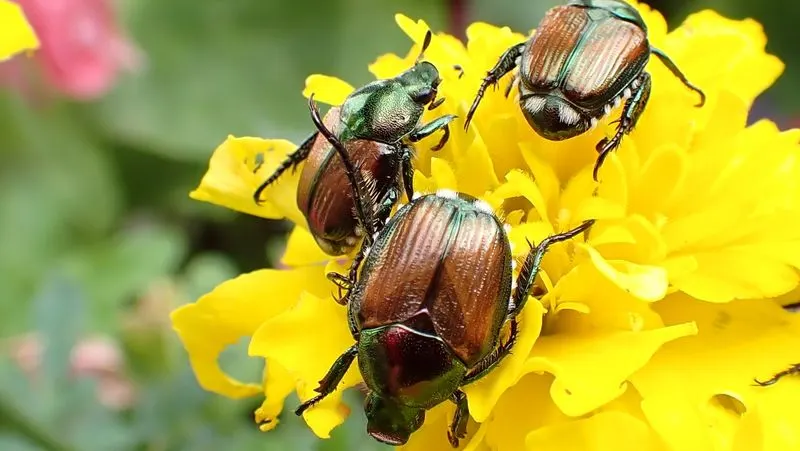
Garlic spray is a natural repellent that deters Japanese beetles with its pungent aroma. This homemade solution is both economical and effective.
Easy to prepare, the spray can be applied to leaves and stems, creating an uninviting environment for beetles.
Regular application is key to maintaining effectiveness. Garlic spray does not harm plants or beneficial insects, making it an ideal choice for organic gardening enthusiasts.
Trap Crops
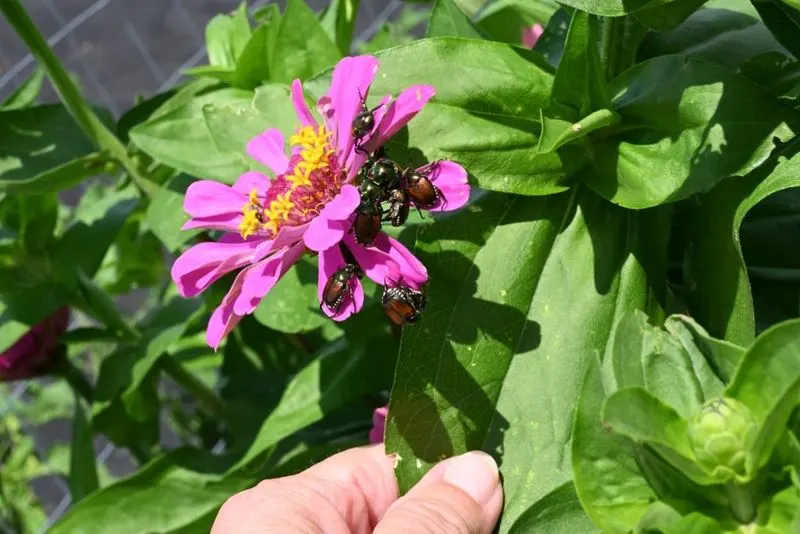
Trap crops are sacrificial plants that attract Japanese beetles away from valuable crops. Marigolds and geraniums are popular choices for this purpose.
Planting these in strategic locations can lure beetles, reducing their impact on other areas. Once the trap crops are infested, they can be removed to dispose of the beetles.
This method is not only effective but also adds diversity to your garden. It’s a practical solution for managing pest populations organically.
Essential Oils
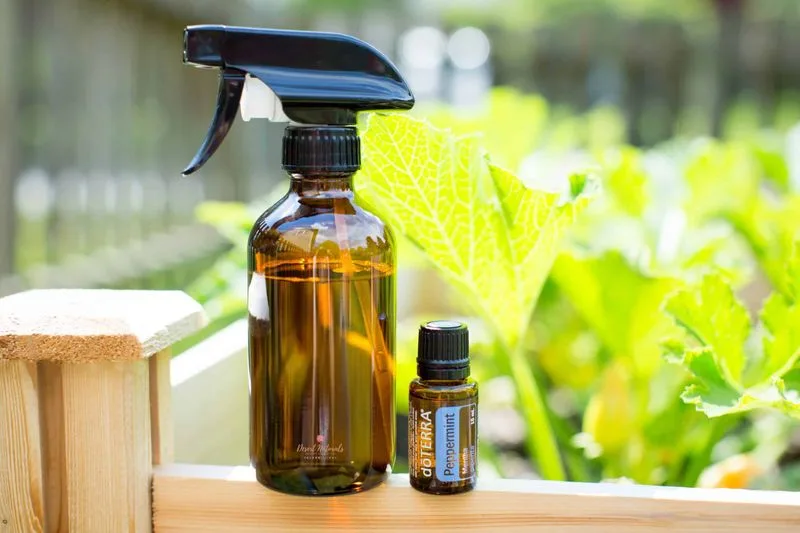
Essential oils such as peppermint, clove, and cedarwood are known for their insect-repelling properties. When diluted and sprayed, they can deter Japanese beetles effectively.
These aromatic oils disrupt the beetles’ ability to sense plants, making gardens less appealing.
Combining different oils can enhance their repellent effects. Regular application ensures sustained protection. This method is a fragrant and versatile option for those seeking natural pest control solutions.
Companion Planting

Companion planting involves growing certain plants together to deter Japanese beetles. Garlic, onions, and chives are excellent companions for roses, reducing beetle infestations.
This technique promotes a healthy ecosystem, as plants support each other’s growth and repel pests naturally.
Planning your garden with companion plants can enhance both beauty and functionality. It’s a sustainable approach to pest management.
Soap and Water Trap
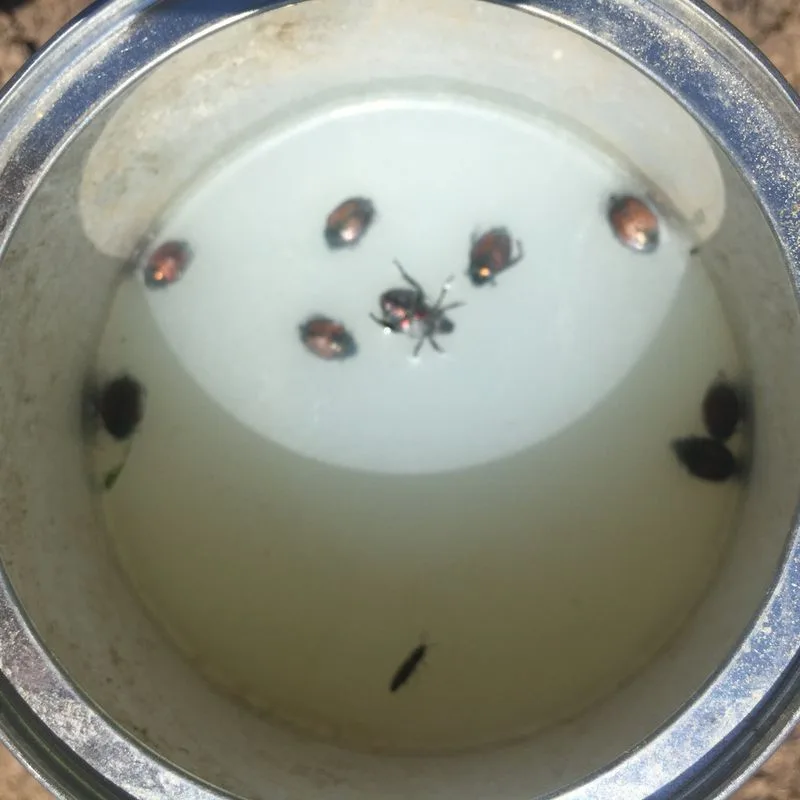
A soap and water trap is an easy DIY solution for capturing Japanese beetles. By using a light source and a shallow pan of soapy water, you can lure and trap beetles effectively.
The soap reduces the water’s surface tension, causing beetles to sink. This method is best used at night when beetles are less active.
It’s a straightforward and cost-effective way to manage beetle populations without harmful chemicals.
Birdhouses
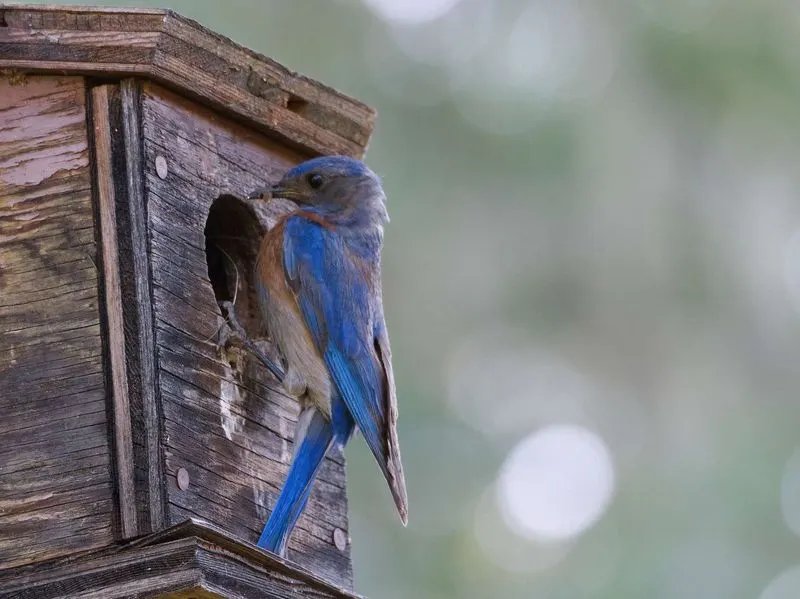
Birdhouses attract natural predators of Japanese beetles, such as birds. Encouraging a bird-friendly environment helps control pest populations organically.
By providing shelter and food, you can invite insect-eating birds into your garden. This symbiotic relationship benefits both the birds and your plants.
Birdhouses add charm to your garden while maintaining ecological balance. They are a delightful and effective pest control strategy.
Japanese Beetle Traps
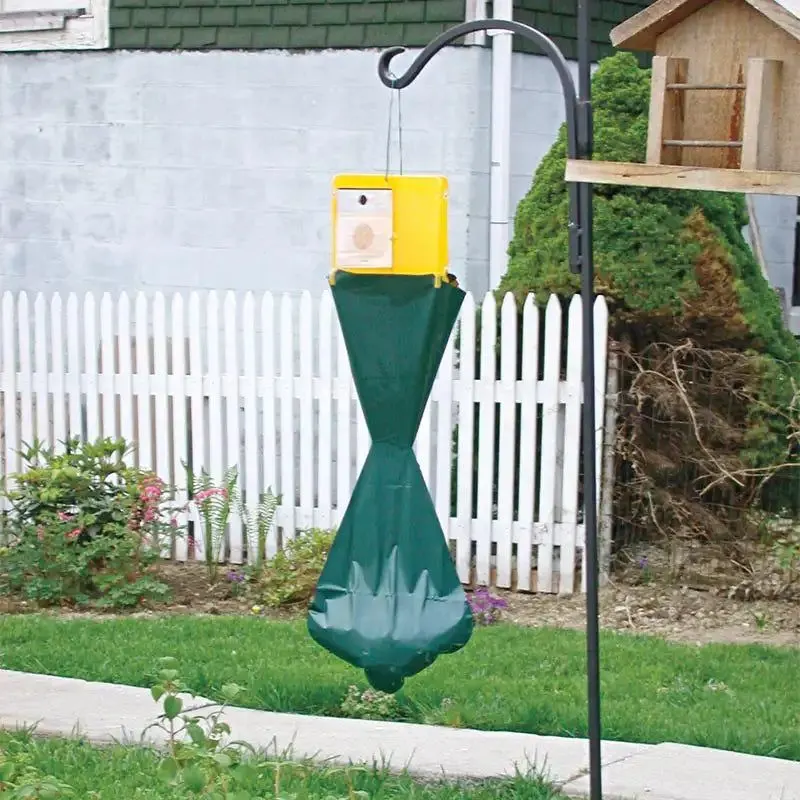
Japanese beetle traps use pheromones to attract and capture adult beetles. These traps are effective in reducing beetle numbers.
Place traps away from valuable plants to avoid attracting more beetles to these areas. They are best used as part of an integrated pest management strategy.
Regularly empty the traps to maintain their effectiveness. This method provides a targeted approach to beetle control.
Lawn Care Practices
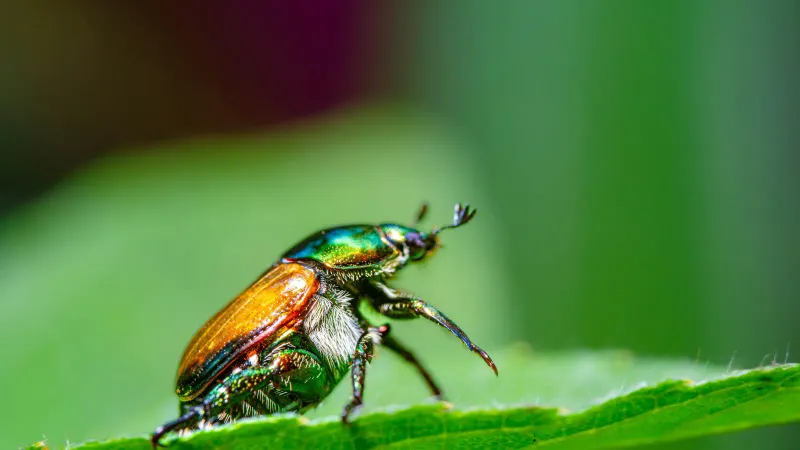
Proper lawn care practices can prevent Japanese beetle infestations. A healthy, well-maintained lawn is less susceptible to pest damage.
Regular mowing, watering, and fertilizing promote strong grass growth, which deters beetle larvae. Aeration and dethatching also improve lawn health.
By focusing on lawn care, you create an inhospitable environment for beetles. This proactive approach helps keep your garden vibrant and pest-free.
Diatomaceous Earth
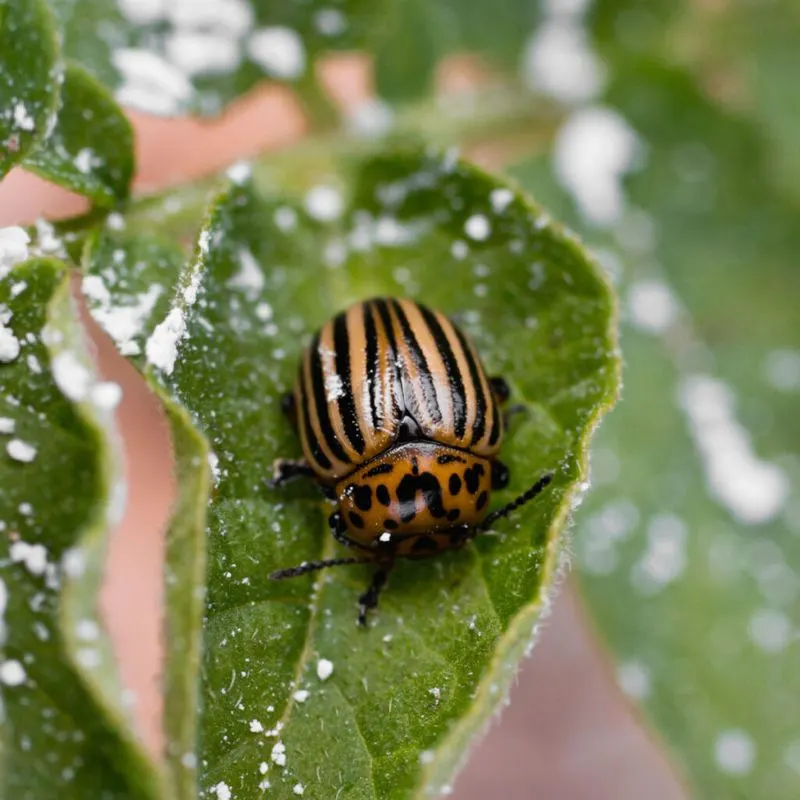
Diatomaceous earth is a natural powder that dehydrates and kills Japanese beetles upon contact. This non-toxic solution is safe for humans and pets.
Sprinkle it around plants and on leaves for effective protection. It acts as a physical barrier, preventing beetles from feeding.
Reapply after rain for continuous protection. Diatomaceous earth is a versatile and environmentally friendly option for pest control.
Professional Pest Control
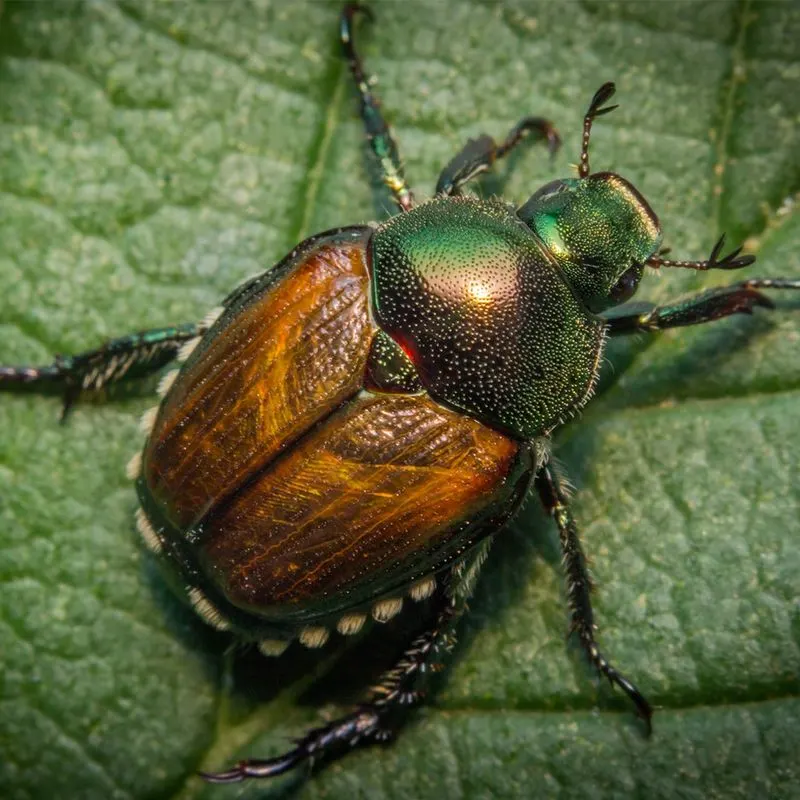
Professional pest control services provide expert solutions for severe Japanese beetle infestations. Trained technicians use targeted treatments to manage and reduce beetle populations effectively.
This option is ideal for large properties or when other methods fail. Professionals have access to specialized tools and products not available to the general public.
Choosing professional help ensures comprehensive and lasting results, offering peace of mind to garden owners.

